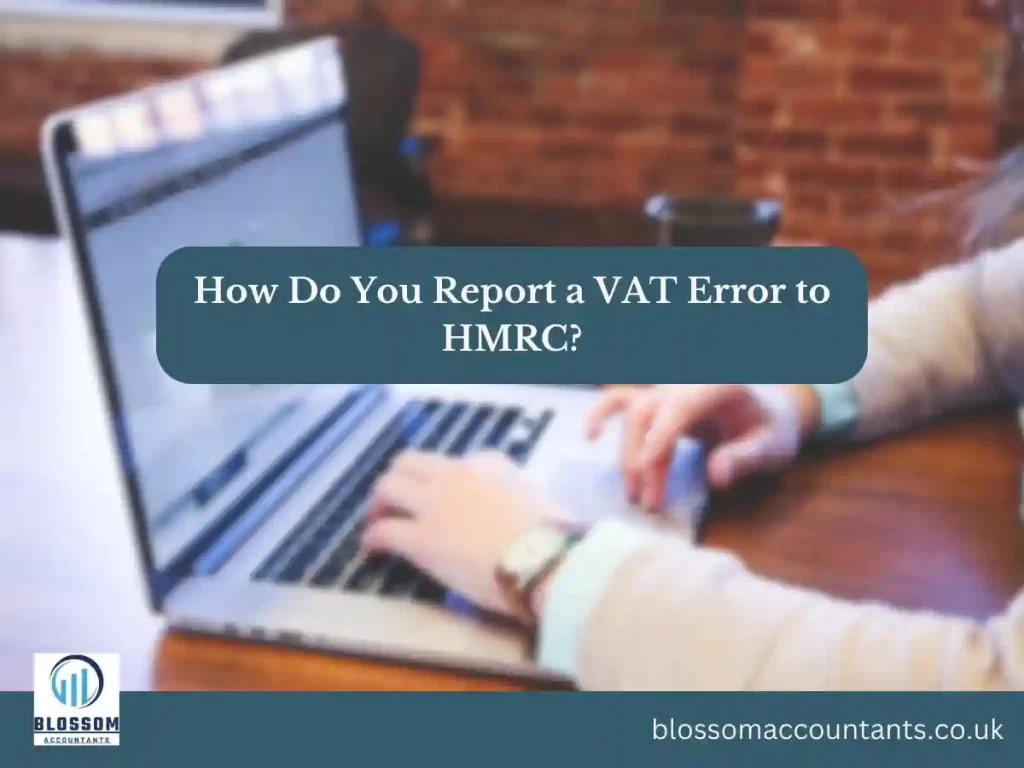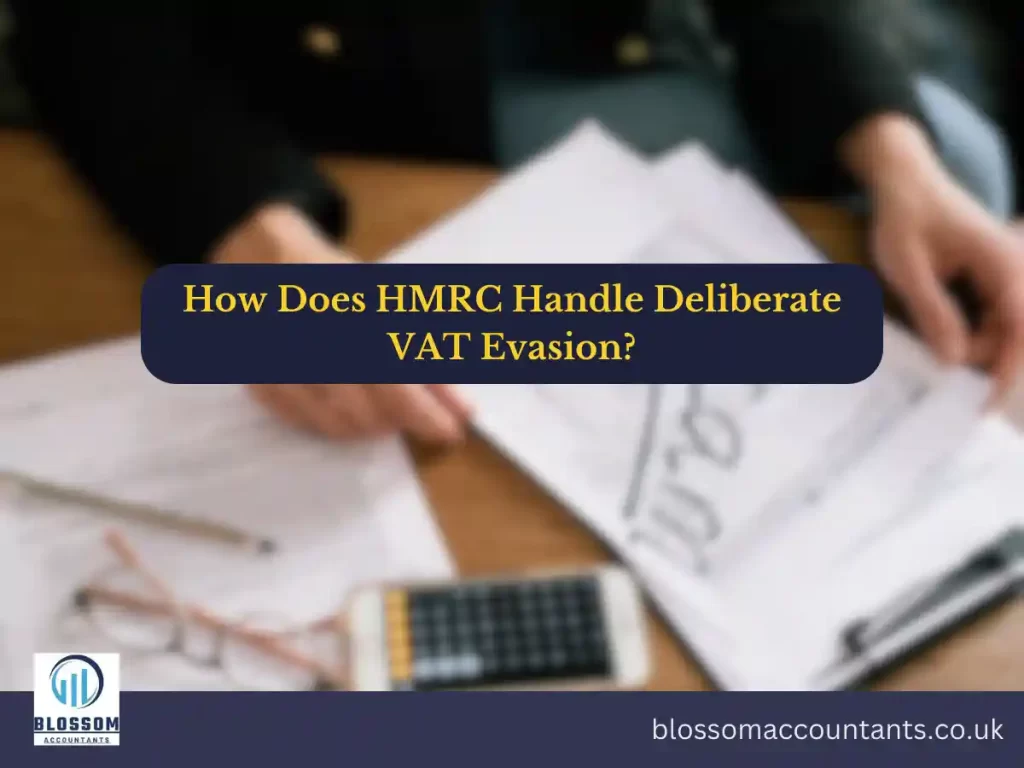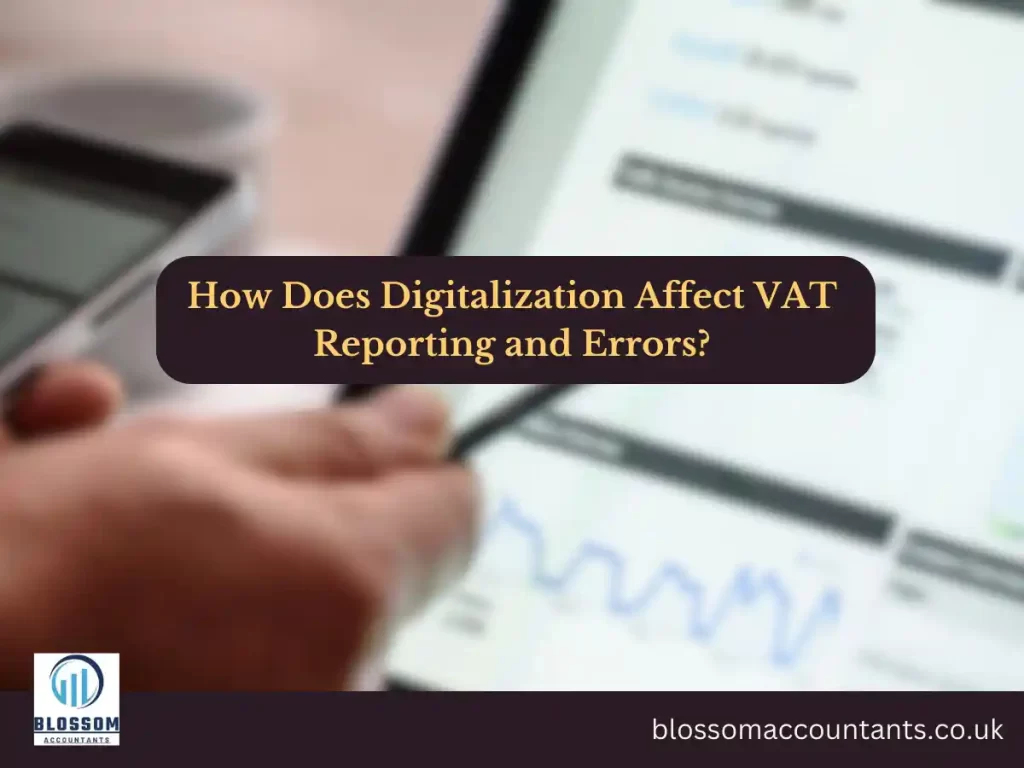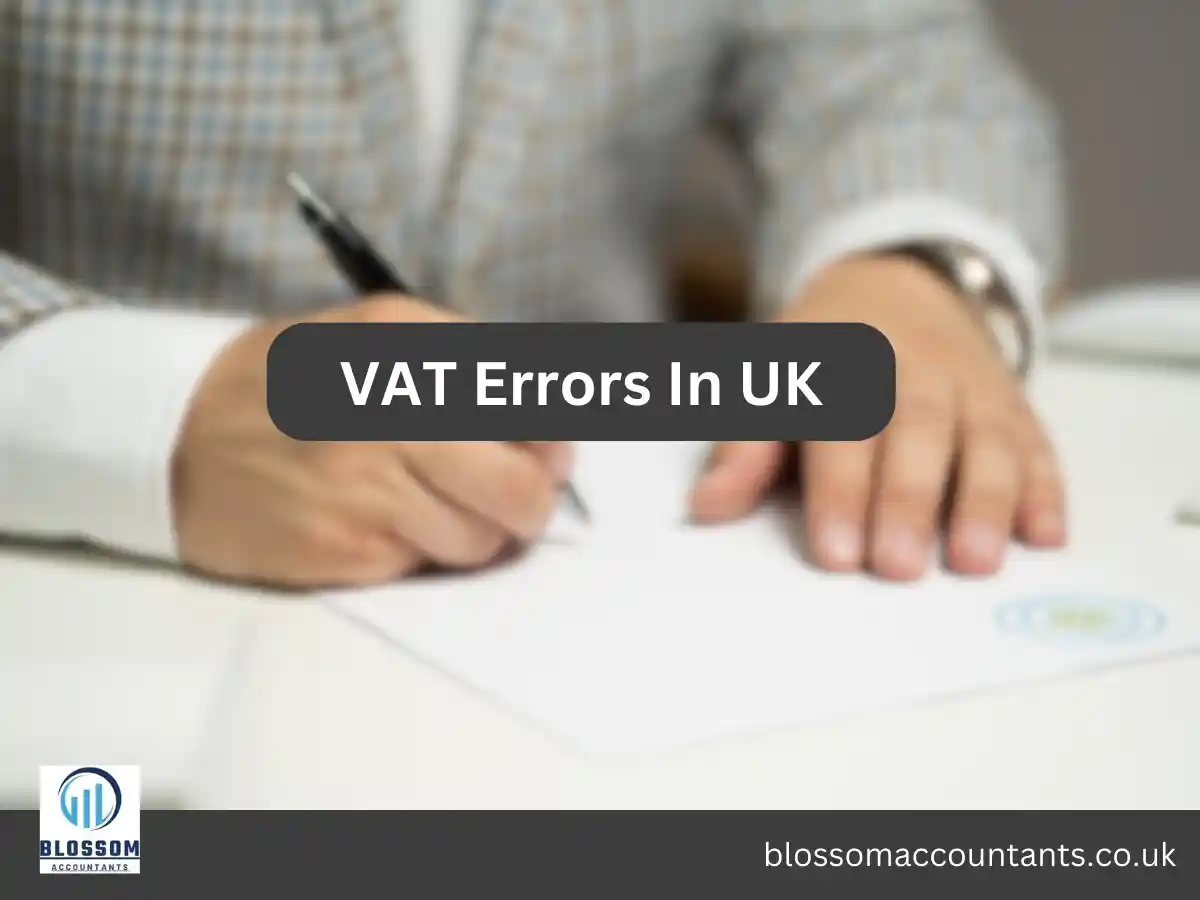Value Added Tax (VAT) is a consumption tax levied on the value added at each stage of production or distribution. VAT errors can occur during the VAT submission process, leading to discrepancies in the reported VAT amounts. This comprehensive guide explores various aspects of VAT errors, including what constitutes a VAT error, how to report it to HMRC, and the process of correcting VAT errors in the UK. Whether you’re a business owner, a VAT-registered individual, or simply interested in understanding VAT procedures, this guide aims to provide a thorough understanding of the subject.
Table of Contents
What Is a VAT Error?
A VAT error refers to any mistake or inaccuracy in the calculation, reporting, or payment of VAT to HMRC
What Are Common Types of VAT Errors?
Input Errors: Mistakes in recording input VAT on purchases.
Output Errors: Errors in calculating and reporting output VAT on sales.
Classification Errors: Incorrectly categorizing goods and services for VAT purposes.
Time of Supply Errors: Misreporting the date when VAT becomes due on a transaction.
How Are VAT Errors Detected?
HMRC may identify errors through routine inspections, VAT audits, or by comparing VAT returns with other financial records.
What Are the Consequences of Unresolved VAT Errors?
Unresolved VAT errors can result in penalties, interest charges, and potential legal actions by HMRC
How Do You Report a VAT Error to HMRC?
VAT errors can be reported using the VAT652 form, detailing the nature and impact of the error.
Also read: HMRC VAT1 Form

What Is the Process of Correcting a VAT Error?
The process involves identifying the error, calculating the correct VAT amount, and making necessary adjustments in the next VAT return.
Can You Correct a VAT Error on a Previous VAT Return?
Yes, you can correct certain errors on a previous VAT return by adjusting the figures in the current period’s return.
What Are the Time Limits for Correcting VAT Errors?
Errors should be corrected within four years from the end of the VAT period in which the error occurred.
Can You Correct VAT Errors Without Notifying HMRC?
Minor errors can be corrected without notifying HMRC, as long as they fall within the error reporting threshold.
How Does HMRC Handle Deliberate VAT Evasion?
Deliberate evasion of VAT can lead to criminal charges, substantial fines, and even imprisonment.
Also read: Deregistering from VAT (Value Added Tax)

Can You Appeal HMRC’s Decision on a VAT Error Penalty?
Yes, you can appeal HMRC’s decision by following the established appeals process.
How Can You Prevent VAT Errors in the Future?
Maintain accurate records, use reliable accounting software, and seek professional advice to minimize VAT errors.
What Are the Advantages of Timely VAT Error Correction?
Timely correction can prevent penalties, reduce interest charges, and ensure accurate financial reporting
How Does Brexit Impact VAT Procedures and Errors?
Brexit has introduced changes to VAT rules for goods and services traded between the UK and the EU.
How Does Digitalization Affect VAT Reporting and Errors?
The Making Tax Digital (MTD) initiative requires businesses to use digital tools for accurate VAT reporting and reducing errors

How Can Businesses Adapt to Changing VAT Regulations?
Stay informed about VAT law changes, engage with tax advisors, and continuously update internal processes.
What Are the Key Considerations for VAT Error Correction in Cross-Border Transactions?
VAT errors in cross-border transactions require careful consideration of VAT rules in both the UK and the partner country.
How Can VAT Errors Impact Different Types of Businesses?
VAT errors can affect small businesses, large corporations, and self-employed individuals differently, depending on their operations and complexities.
How Can VAT Errors Impact Cash Flow and Business Finances?
Incorrect VAT reporting can lead to cash flow disruptions and financial instability.
What Is the Future of VAT Reporting and Error Correction?
Advancements in technology and changes in VAT regulations may further streamline the error correction process.
Conclusion:
VAT errors are an integral part of VAT reporting, and understanding how to identify, report, and correct these errors is crucial for businesses and individuals in the UK. By adhering to proper procedures, seeking professional advice, and staying informed about VAT regulations, taxpayers can navigate the complexities of VAT error correction and ensure accurate financial reporting to HMRC. Additionally, embracing digitalization and adapting to changing VAT rules will play a significant role in minimizing errors and promoting efficient VAT management in the future.
DISCLAIMER: We have written the UK accounting and tax related details for your information only. For professional advice or for any accounting task you require, you may need to speak to a professional accountant near you who can assist you. Please read our disclaimer for more details.

